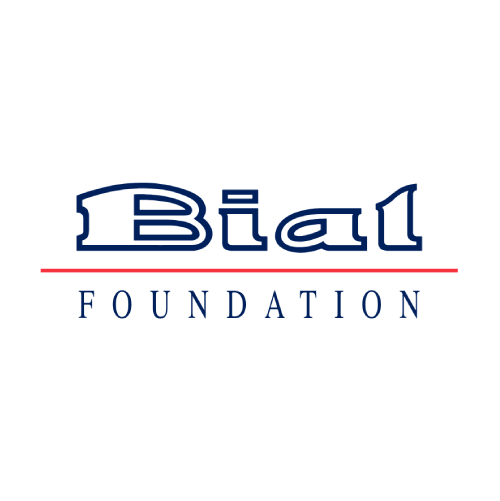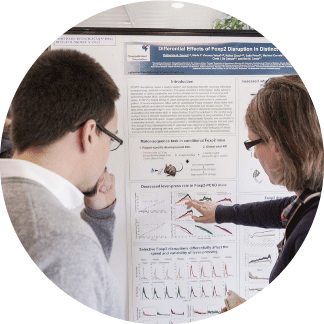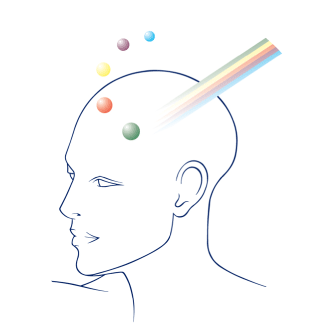News
Top Stories

Is gratitude good for the heart?
A study reveals that gratitude may buffer the negative physiological consequences of stress and overall improve cardiovascular outcomes.

People with more peace of mind are better at regulating emotions?
Research shows that people with higher levels of peace of mind are better at reinterpreting situations to regulate their emotions, rather than suppressing them.
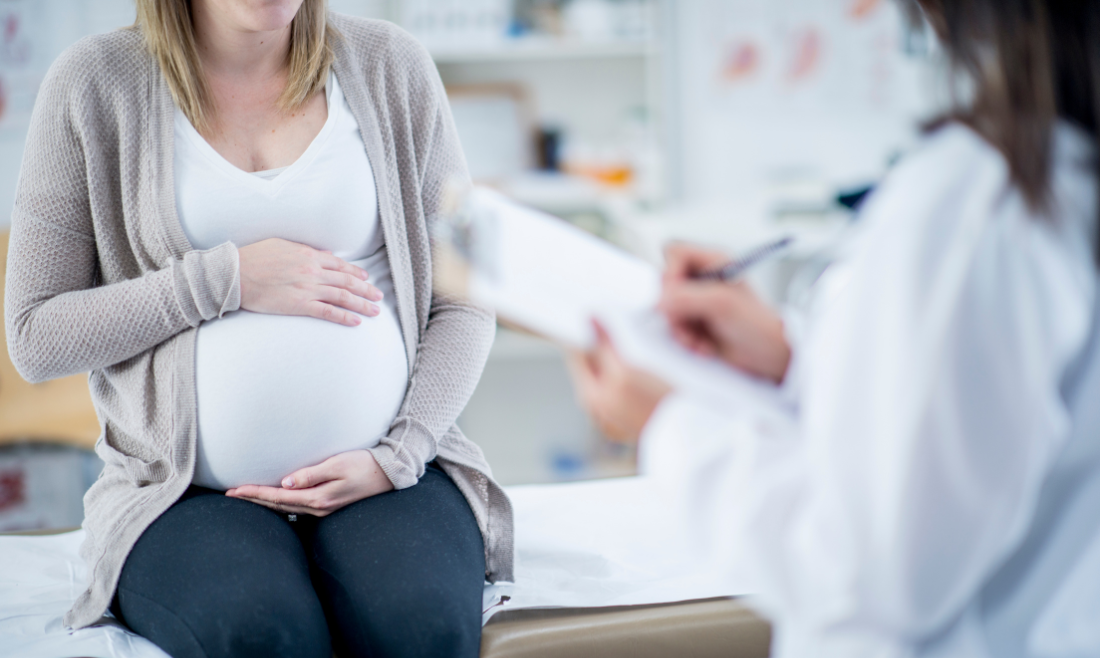
Mother's stress during pregnancy can impact children’s sleep in childhood
Study shows that mothers' psychosocial stress during pregnancy has negative associations with their children's sleep that persist across childhood.
News
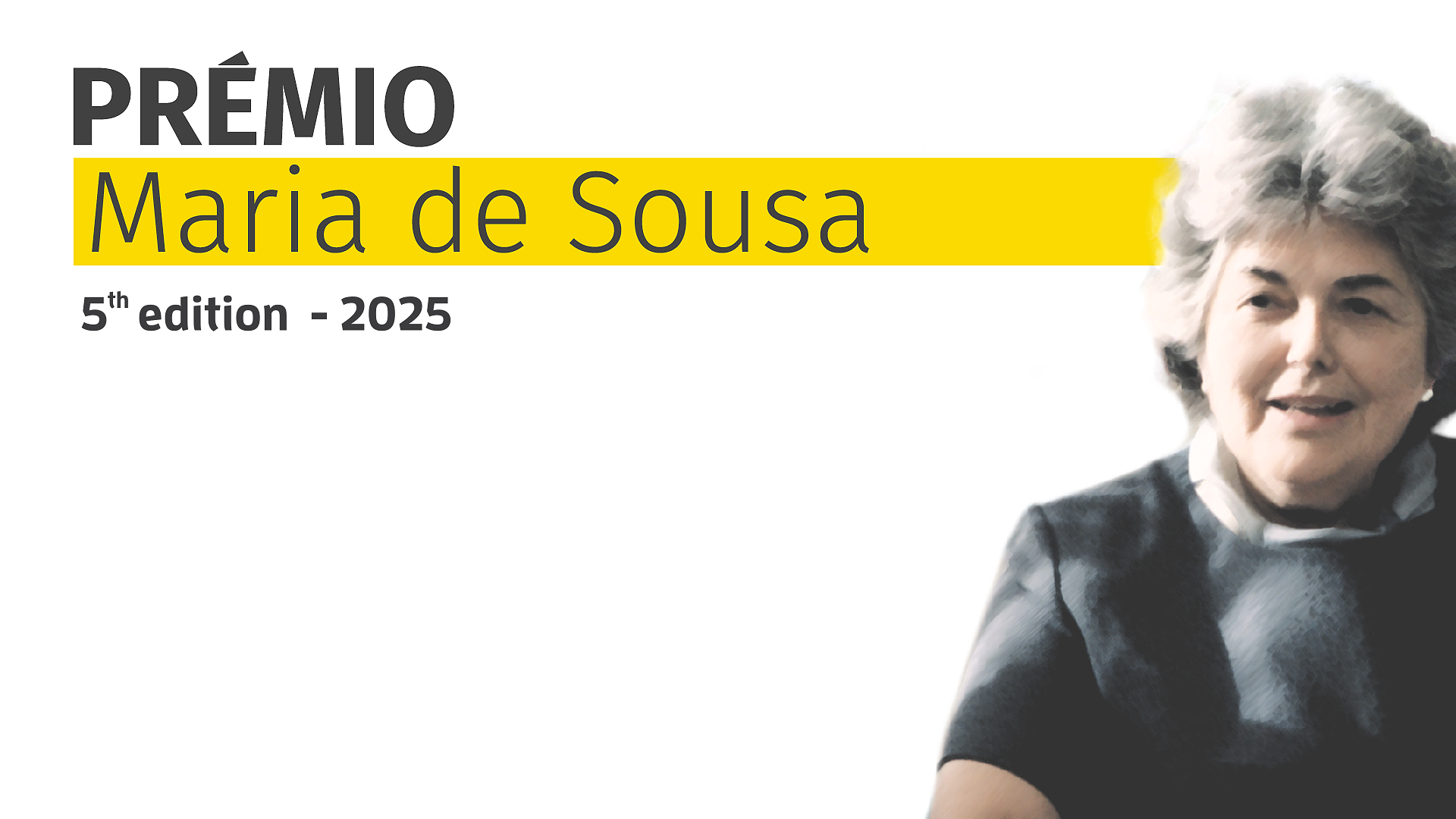
Maria de Sousa Award 5th edition - 2025: applications are open
Applications are now open for the Maria de Sousa Award 5th edition - 2025, promoted by the Portuguese Medical Association and the BIAL Foundation to honour the physician and great researcher Maria de Sousa. The deadline for applications is 31 May.
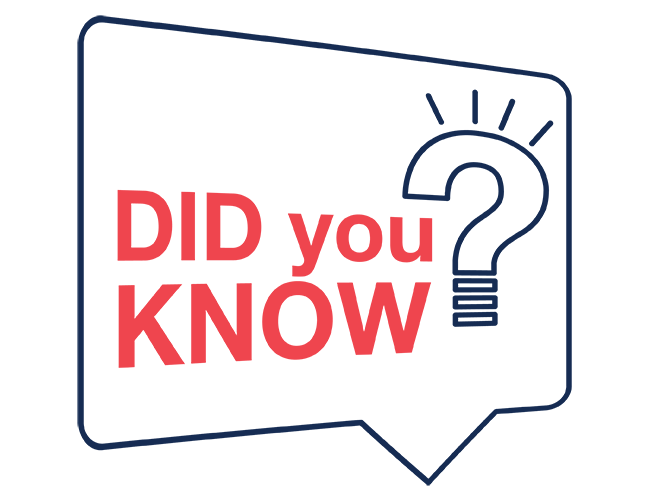
The BIAL Foundation has received 432 applications for the Grants Programme for Scientific Research
Did you know that the BIAL Foundation received 432 applications from 29 countries for the Grants Programme for Scientific Research 2024/2025, and 80 were approved?
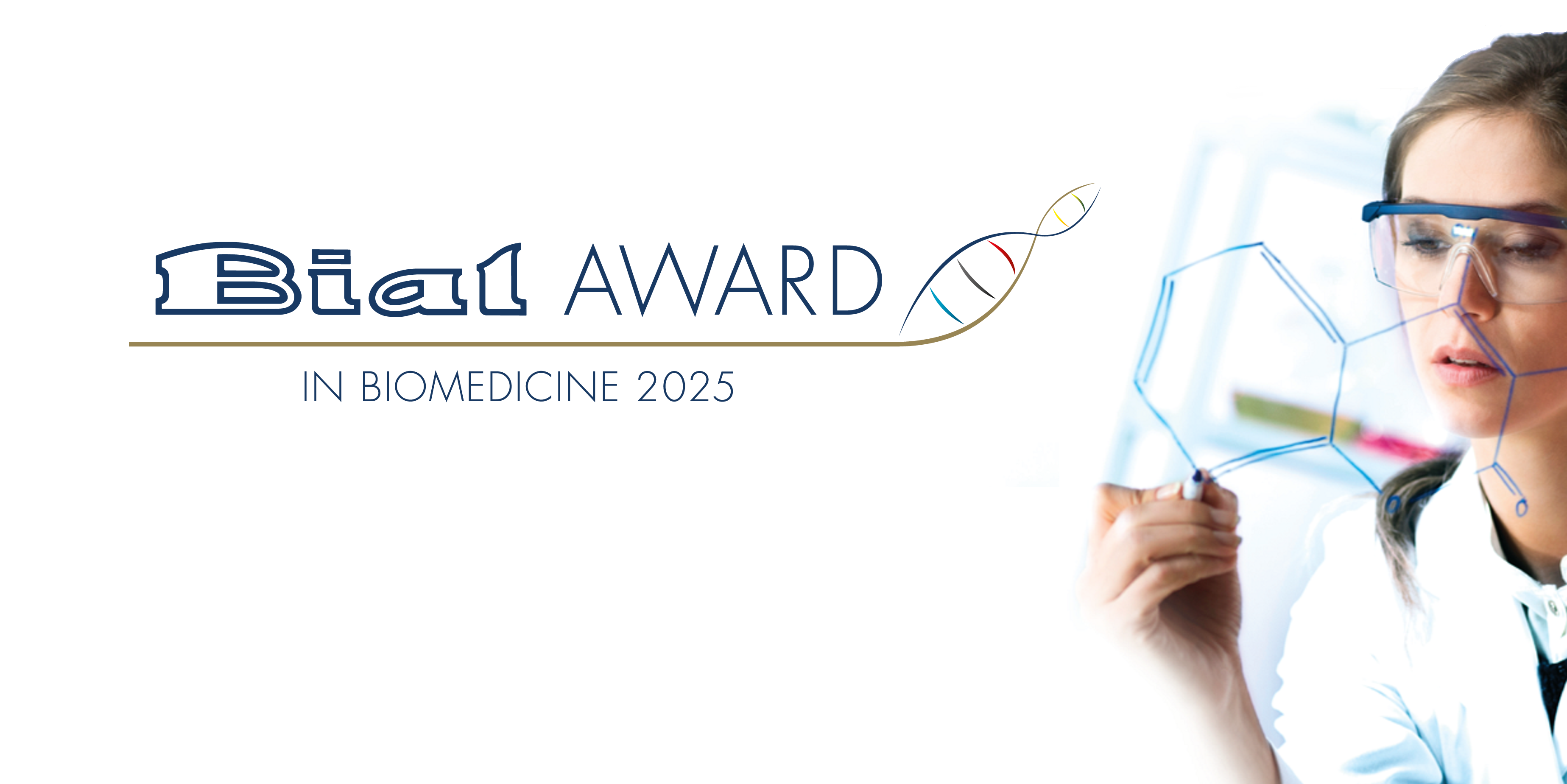
BIAL Award in Biomedicine 2025 increases value to 350,000 euros and opens nominations
The fourth edition of the BIAL Foundation international award, the BIAL Award in Biomedicine, is underway, with nominations open until 30 June. This edition, with an increase in value to 350,000 euros, seeks to recognise work published in the broad biomedical field within the last ten years, the results of which are considered of exceptional quality and scientific relevance.


